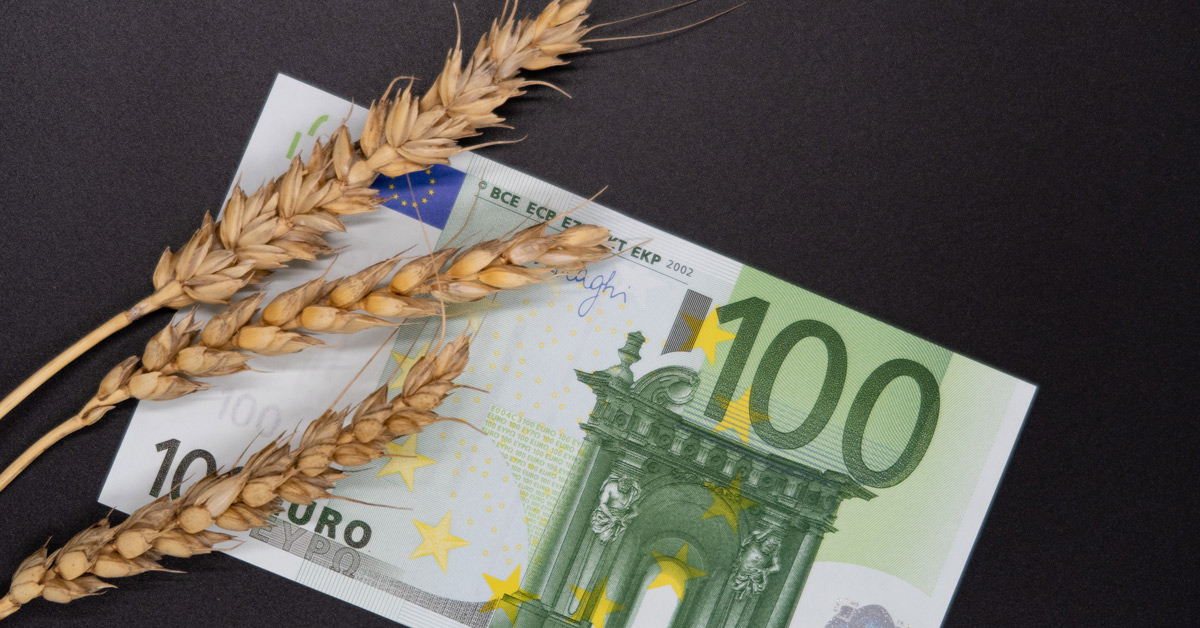
Bayer and Corteva (formerly Pioneer Dupont) are moving to patent plant genetic information that can occur naturally as well as from genetic modification
Big global biotech corporations like Bayer and Corteva, which together already control 40% of the global seed market, are dangerously trying to reinforce their monopoly and threatening food security. A group of seed saving, environmental and consumer organisations reveals how these companies seek to increase their control over the future of food and farming by extensively patenting plants and developing a new generation of genetically modified organisms (GMOs).
Global biotech leaders Bayer and Corteva (formerly Pioneer Dupont) are moving to patent plant genetic information that can occur both naturally or as a result of genetic modification - claiming all plants with those genetic traits as their “invention”. Such patents on plants, which have been controversial for decades[1], would restrict farmers’ access to seeds and impede breeders from developing urgently needed plants adaptable to extreme weather conditions, as both would have to ask for consent and pay fees to the biotech companies.
Corteva has applied for some 1430 patents on new GMOs, while Bayer/Monsanto has applications for 119 patents. By claiming exclusive rights on their “inventions”, they directly contradict their lobbying claims that new GMOs could happen naturally and that therefore the EU should exclude them from the safety checks and labelling requirements provided by the current GMO legislation.
Mute Schimpf, food campaigner at Friends of the Earth Europe, said: “Big biotech’s strategy is to apply for wide patents that would also cover plants which naturally present the same genetic characteristics as the GMOs they engineered. They will be lining their pockets from farmers and plant breeders, who in turn will have a restricted access to what they can grow and work with. The EU patenting legislation needs to be reinforced so that real innovation can happen in the interest of sustainable food production, not corporate gain.”
For instance, Corteva holds a patent for a process modifying the genome of a cell using the CRISPR technique[2] and claims the intellectual property rights to any cells, seeds and plants that include the same genetic information, whether in broccoli, maize, soy, rice, wheat, cotton, barley or sunflower.
The organisations publishing the briefing call for decision makers to safeguard food crops from being patented and stop the current abuse of the European patenting regulations. They also demand that all GMOs, old and new, be properly regulated with premarket authorisation, labelling and safety checks to protect human health and the environment.
Read the full report: https://friendsoftheearth.eu/publications/
Notes
[1] Patents on plants have been controversial for decades and criticised on the basis that nature cannot be invented. Patents were designed to protect product innovations and provide intellectual property rights for new inventions, but patents on life differ from patents on machines as the licensing restrictions can also extend to the next generations, with one patent potentially covering hundreds of plant types. The extent of the monopoly rights granted by patents is in theory determined by the law, but in effect it is also influenced by the claims made by applicants in their patent application.
[2] CRISPR-Cas is the most widely used genome-editing tool in plant breeding, mainly in the research and development phase. The plans of the EU Commission to deregulate certain new GMO techniques include plants modified with CRISPR-Cas.










